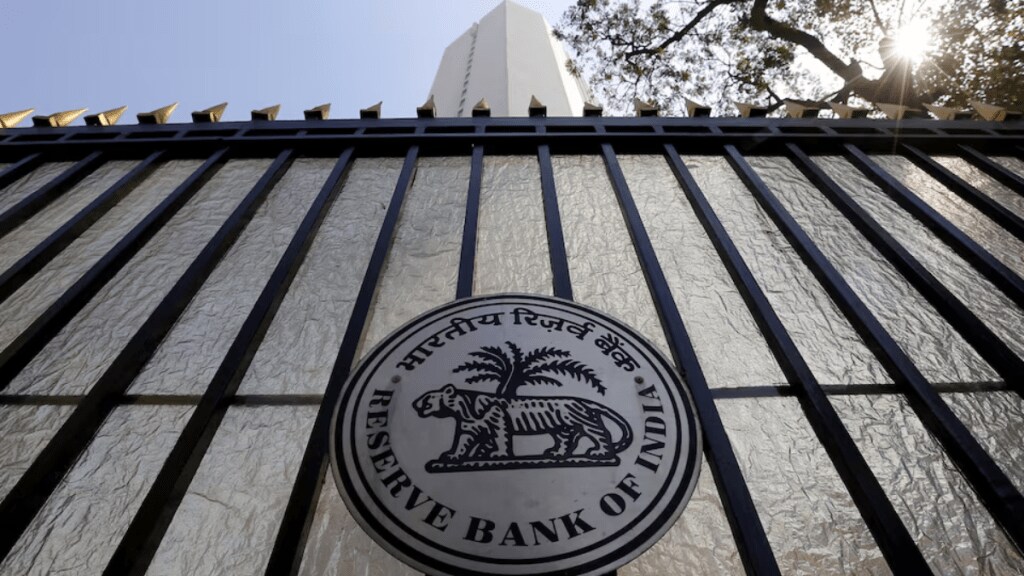The Reserve Bank of India (RBI)’s final guidelines on wilful default will expedite the process for the lenders to identify wilful defaulters. The guidelines require banks to declare a borrower as wilful defaulter within six months of the account being classified as a non-performing asset (NPA). Earlier, there was no specific time line for banks which allowed defaulters to approach other lenders to avail of loans, say bankers.
“The identification of a wilful defaulter has now become a time-bound procedure. It will limit the chances for a wilful defaulter to cause similar issues at other banks,” said a senior official at a public sector bank. “Banks used to be cautious in declaring a borrower as wilful defaulter to avoid any legal complication, making it a time-consuming process.”
The RBI on Tuesday issued a master direction to address the issues of identification and treatment of wilful and large defaulters.
“If wilful default is observed in the internal preliminary screening, the lenders shall complete the process of classification/ declaring the borrower as a wilful defaulter by following the mechanism set out in para 4 (1) above, within six months of the account being classified as non-performing assets,” said the RBI guidelines.
According to the new guidelines, a borrower must provide feedback to the identification committee within 21 days, and to the review committee within 15 days.
“The master direction will help lenders address wilful default in a time-bound manner as stipulated therein. Early diagnosis will help initiation of measures in a more effective manner,” Hari Hara Mishra, CEO, Association of ARCs in India, told FE.
The new guidelines have also granted borrowers the right to a personal hearing before the review panel. Previously, the decision to hold the hearing was at the discretion of the committee, but it is now mandatory to hear the borrower.
“Bodies such as identification committee and review committee existed earlier as well, but now the RBI has introduced specific time line in the process,” said the banker.
The revised guidelines have made it mandatory for banks to conduct a comprehensive investigation from the perspective of a wilful default before selling bad loans to asset reconstruction companies (ARCs).
“Examining the wilful default angle before sale of assets to ARCs will remove uncertainties and is market-positive,” said Mishra.


